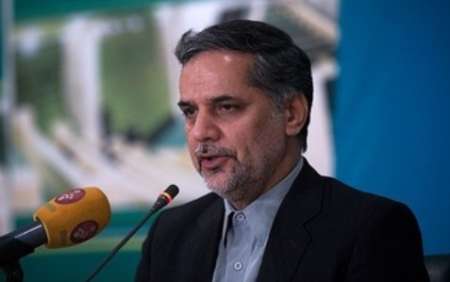“FATF agreement is not merely economic, but this agreement bears political commitments some of which are against Iran’s strategies and policies,” Naqavi Hosseini said.
He reiterated that FATF has a special sensitivity and surely all its dimensions should be discussed.
“The decision-making bodies should comment about Iran’s joining the FATF, but under the current situation the relevant institutions have not reached any conclusion on whether to join FATF or not,” Naqavi Hosseini added.
The Financial Action Task Force (FATF) is an inter-governmental body established in 1989 by the Ministers of its Member jurisdictions.
The objectives of the FATF are to set standards and promote effective implementation of legal, regulatory and operational measures for combating money laundering, terrorist financing and other related threats to the integrity of the international financial system.
The FATF is therefore a “policy-making body” which works to generate the necessary political will to bring about national legislative and regulatory reforms in these areas.
The FATF has developed a series of recommendations that are recognized as the international standard for combating of money laundering and the financing of terrorism and proliferation of weapons of mass destruction. They form the basis for a coordinated response to these threats to the integrity of the financial system and help ensure a level playing field.
First issued in 1990, the FATF Recommendations were revised in 1996, 2001, 2003 and most recently in 2012 to ensure that they remain up to date and relevant, and they are intended to be of universal application.
2050**2050

Tehran, March 29, IRNA – Rapporteur of the Parliament’s National Security and Foreign Policy Commission Hossein Naqavi Hosseini underlined that the Financial Action Task Force (FATF) is not merely an economic agreement, but the agreement bears political commitments some of which contradict the policies and strategies of the Islamic Republic of Iran.

